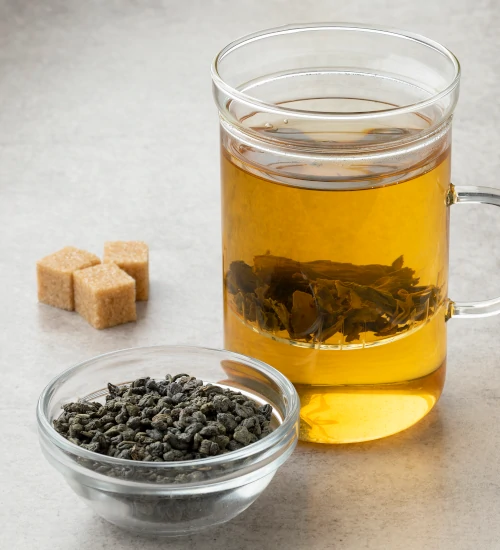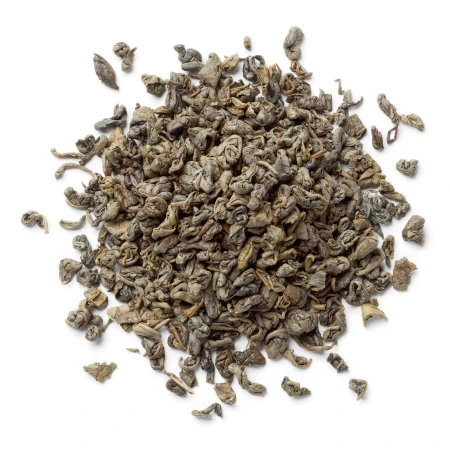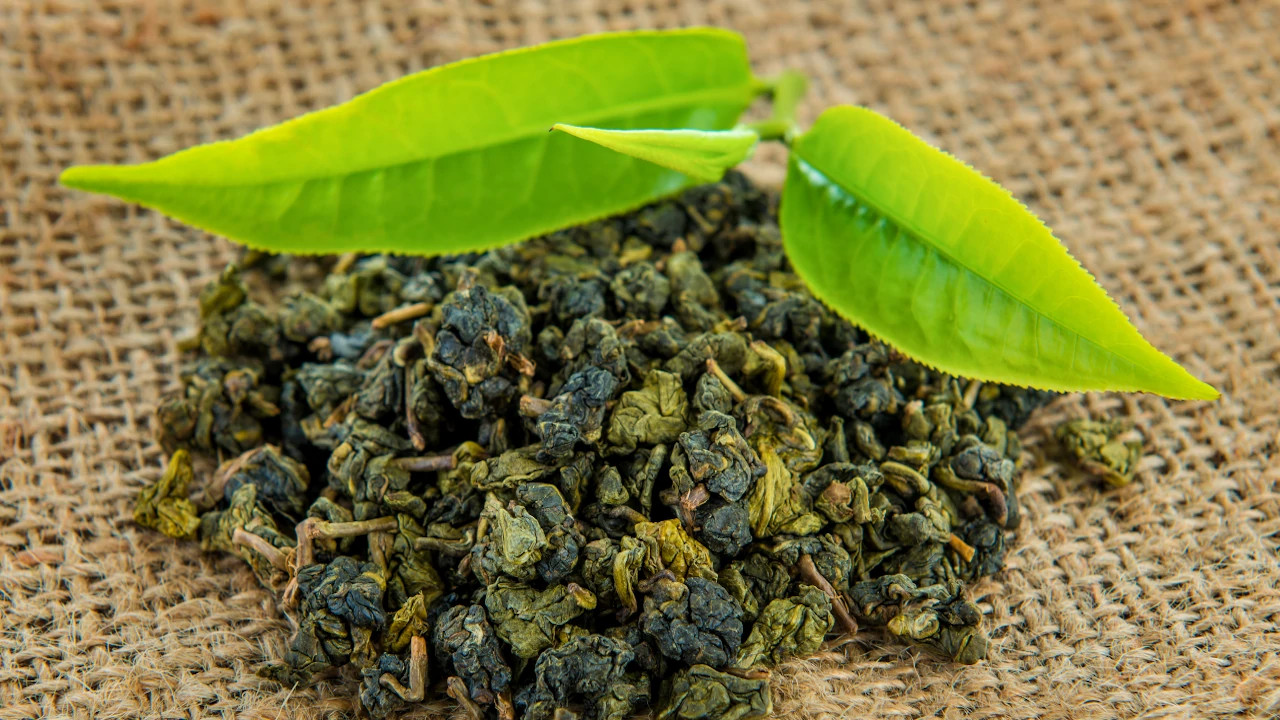Section 1: Introduction
Gunpowder tea, also known as “pearl tea,” is a type of green tea that is rolled into small pellets resembling gunpowder. Originally from China, this tea is now produced in other countries such as Taiwan and Vietnam. This tea is named after its appearance and its smoky flavor, which is reminiscent of the smell of gunpowder. In this blog post, we will explore the history, production, and health benefits of tea.
Section 2: History
The history of gunpowder tea can be traced back to the Tang dynasty in China, around the 8th century. It was first made in the Zhejiang province and was exported to other parts of China and eventually to Europe. It is particularly popular in Morocco, where it is used to make the famous mint tea. During the Tang dynasty, this remarkable tea was used as a form of currency, and it was also traded for horses.
During the 19th century, the British introduced gunpowder tea to India, where it became popular among the British officers and soldiers. Today, this favorite tea is widely available in many parts of the world and is enjoyed by tea drinkers for its unique flavor and health benefits.
 Section 3: Production
Section 3: Production
It is made from Camellia sinensis, a type of evergreen shrub that is native to China. The leaves are harvested and then withered under the sun or in a warm room. The withered leaves are then steamed or pan-fired to stop the oxidation process. The leaves are then rolled into small pellets, which gives the tea its distinctive appearance.
The rolling process is done by hand or using a machine. Rolling the tea leaves into pellets helps to preserve the flavor and aroma of the tea. The pellets are then dried, sorted, and packaged for distribution.
Section 4: Flavor and Aroma
Gunpowder tea has a smoky flavor and a distinct aroma that is similar to the smell of gunpowder. The flavor of gunpowder tea can be affected by the quality of the leaves, the rolling process, and the brewing method. When brewed, it has a light green color and a slightly bitter taste.
The smoky flavor of gunpowder tea makes it a popular choice for blending with other teas, such as mint or jasmine. The flavor of gunpowder tea can also be enhanced by adding lemon or honey.
Section 5: Brewing and Serving
When brewing, it is important to use water that is not too hot, as high temperatures can affect the flavor of the tea. Water that is around 175°F is ideal for brewing gunpowder tea. The pellets should be steeped for about two minutes, or until the tea has a light green color. It can be enjoyed hot or cold, and it is often served with meals.
Gunpowder tea is typically served in small cups, and it is common to add sugar or honey to sweeten the tea. Moroccan mint tea is a popular variation of that is served with fresh mint leaves and sugar.
Section 6: Caffeine Content
Gunpowder tea contains caffeine, which is a natural stimulant found in tea and coffee. The caffeine content of this particular tea can vary depending on the brewing method and the quality of the leaves. On average, a cup of gunpowder tea contains about 30-40 milligrams of caffeine, which is about half the amount found in a cup of coffee.
Consuming caffeine can have both positive and negative effects on the body. Moderate caffeine consumption can help to improve mental alertness and focus, while excessive caffeine consumption can lead to negative side effects such as anxiety and insomnia.
Section 7: Health Benefits
Gunpowder tea is rich in antioxidants, which are compounds that help to protect the body from damage caused by free radicals. Free radicals are unstable molecules that can cause oxidative stress, which is linked to several chronic diseases such as cancer and heart disease.
Drinking this widely distributed tea may also help to improve digestion and reduce inflammation in the body. Some studies have shown that green tea may help to lower cholesterol levels and improve cardiovascular health.
Section 8: Side Effects and Precautions
Consuming gunpowder tea in moderation is generally safe for most people. However, excessive consumption of caffeine can lead to negative side effects such as anxiety, insomnia, and digestive issues. It is important to consult a healthcare professional before consuming gunpowder tea if you have any underlying medical conditions or are taking medication.
It is also important to note that this tea may contain trace amounts of lead, which is a naturally occurring element in the soil. To reduce the risk of lead exposure, it is recommended to use filtered water when brewing tea and to avoid consuming large amounts of tea on a regular basis.
Section 9: Summary
Gunpowder tea is a unique and flavorful type of green tea that has a rich history and several health benefits. This tea is enjoyed by tea drinkers around the world and is a popular choice for blending with other teas or serving with meals. When consumed in moderation, gunpowder tea can be a healthy addition to a balanced diet.

